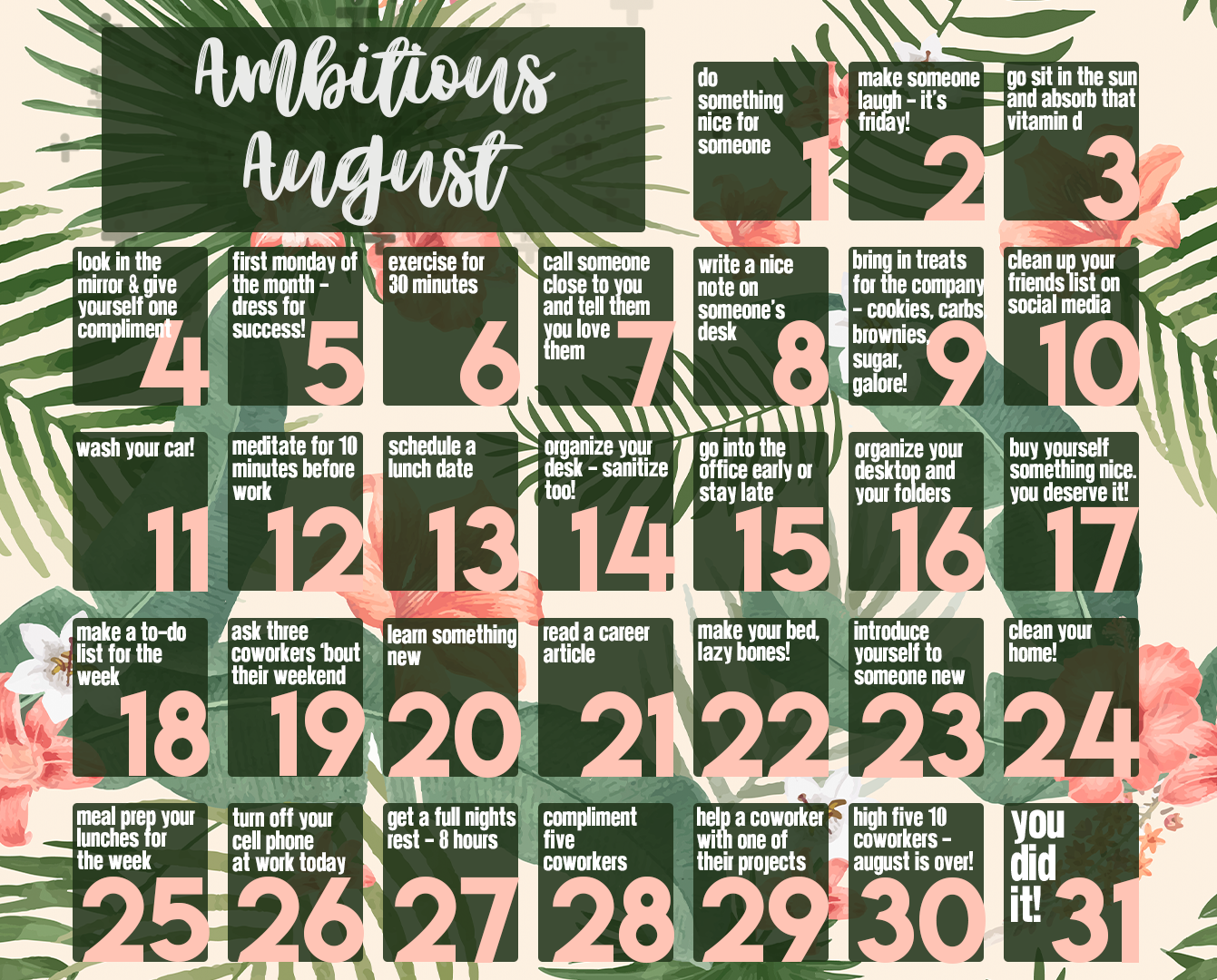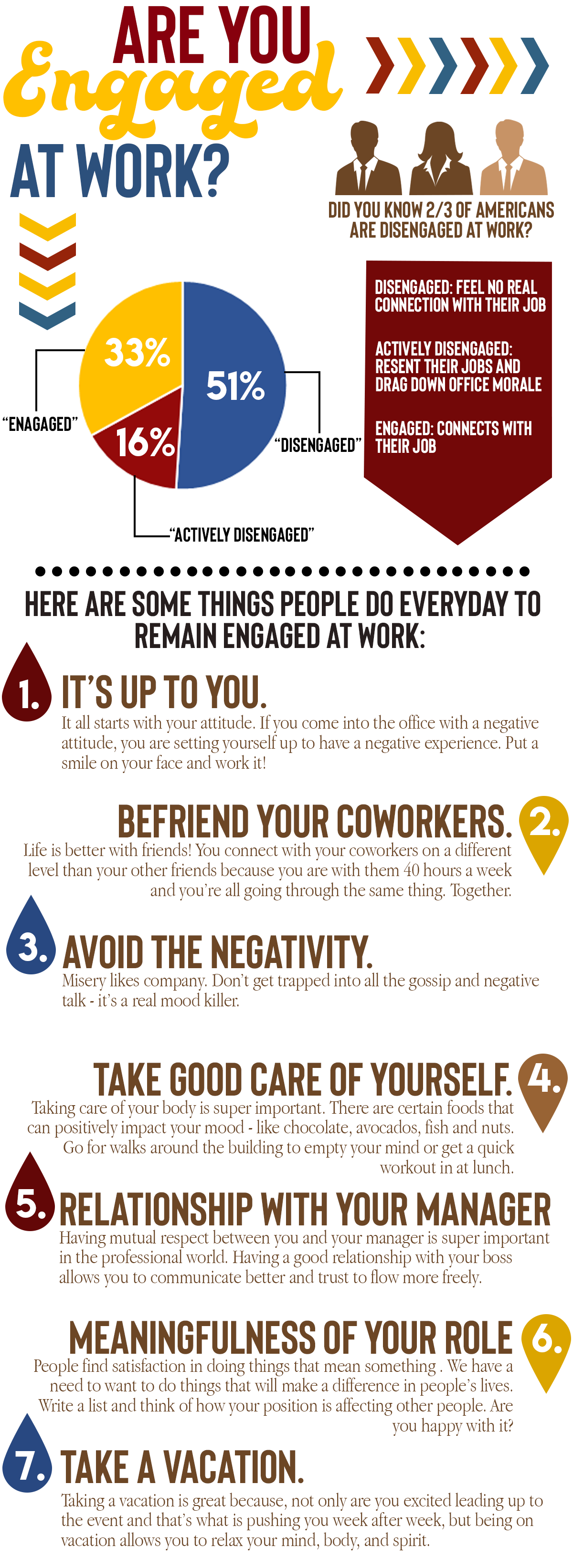What Does a Medical Office Assistant Do?
Regardless of location, size, or specialty, every medical office needs a medical office assistant — and most often, they need more than just one. Despite the already large and consistently growing need for medical office assistants, there’s still some confusion about what these professionals do on a day-to-day basis. Let’s take a closer look at the everyday role of a medical office assistant.
What Is a Medical Office Assistant?
The first person to greet a patient when they enter a medical facility, such as a clinic or private practice, is almost always a medical office assistant. Sometimes referred to as medical office specialists, medical administrative assistants, or patient coordinators, medical office assistants essentially perform the tasks needed to keep a healthcare center functioning effectively. Helping to deliver the best healthcare experience possible, these professionals may handle everything from administrative assignments to clinical ones.
What Does It Take to Become One?
Multitasking abilities, strong organizational skills, exceptional communication, and attention to detail are all essential to a succeeding as a medical office assistant. These professionals must be up to date on the latest record-keeping technologies and able to quickly and accurately input information. While many locations only require medical office assistants to have earned a high-school diploma, certain facilities may require them to obtain CMAA certifications or RMA registrations.
What Are Their Day-to-Day Responsibilities?
Medical office assistants wear multiple hats. While their responsibilities will vary depending on which type of medical center they work at, there are some job functions that remain the same just about everywhere.
Once a patient arrives, for example, medical office assistants may help by:
- Helping them check in
- Taking vitals
- Measuring height and weight
- Recording contact details and medical history information
- Escorting them to the examination room
In between assisting patients, medical office assistants perform a range of tasks, such as:
- Cleaning and sanitizing equipment
- Cleaning and sanitizing examination areas
- Scanning files and transcribing records
- Scheduling appointments
- Billing patients and accepting payments
- Receiving and sorting inventory, mail, etc.
- Responding to emails
Starting Your Career as a Medical Office Assistant
The role played by medical office assistants is critical to healthcare facilities small and large. If you’re interested in becoming one and connecting to the clinics, hospitals, or other medical offices with opportunities that match your professional goals, join the HealthCare Support talent network. Our healthcare recruiters will help you put together a professional resume, find relevant job postings, and ace interviews. To take the next step in your healthcare career, contact HealthCare Support today at 407-478-0332.






